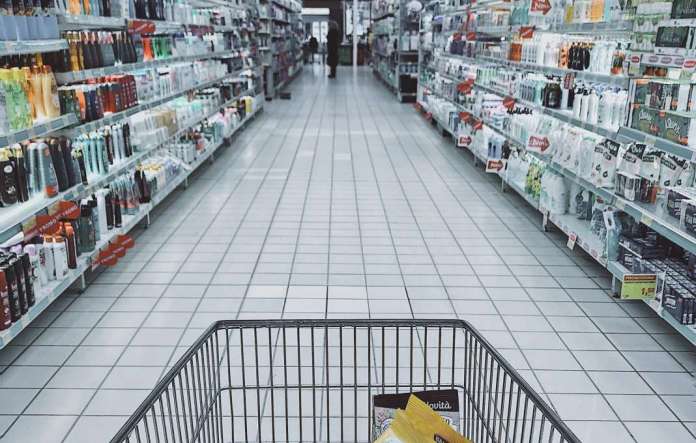Over 12,000 inspection controls destroyed about 56 tonnes of unsafe food

Food inspections have exceeded 12,000 in internal circulation since the beginning of the year. As unsafe, about 56 tonnes of animal and non -lifestinity foods have been destroyed so far. 1,325 measures have been imposed on the established failures, of which 260 fines and other penalties as temporary prohibitions for doing business, and misdemeanor charges have been filed, said the director of the Food and Veterinary Agency (CAA) Oliver Milanov.
Addressing the public awareness of the safety of food, Milanov noted that additional controls are carried out for any shipment imported into the country.
-Since the beginning of the year, 10 shipments have been returned as unsafe, mostly due to imports from prohibited regions/states. A shipment of animal -born food weighing 207 tonnes has been destroyed, and about 30 tonnes of non -life -born foods have been destroyed, more than half of the unsafe mineral water from imports, due to bacteriological pollution, insufficient salt iodina and determined.
According to him, in the chain of safe food, in addition to science, institutions and operators, citizens who often alert for inconsistencies are also very important. The most commonly listed allegations related to food safety are disrespecting good hygiene practice (DHP) and HMS, sales of products with a term of use, work without approval, the presence of product contaminants, food poisoning and sales of products with altered organoleptic properties, consumer fraud.
-More than 360 inspection initiatives have been submitted since the beginning of the year through the Consumer Protection Unit. The most commonly listed allegations related to food safety are disrespecting the DHP and HAPR (36 initiatives), sales of products with a term of use (26), work without approval (24), the presence of product contaminants (17), suspicion of food poisoning (16), sales of products (16), Milanov, adding that most of them have been acted on.
Today’s debate, organized in cooperation with the European Food Safety Agency (EFSA), is part of the CAA activities on the occasion of June 7, World Safe Food Day. Representatives of the European Agency will present the role and importance of EFSA in the EU food safety system and the integration of IPA user countries. Representatives of the CAA will talk about the role and importance of the CAA in terms of the security of the Croat and animal food. A panel dicks is also planned to discuss nutritional needs and eating habits, as well as nutritional and health claims.
-I am observing that everyone’s responsibility for food safety is -from the state that creates policies, creates conditions and conducts controls to citizens as end consumers. It is not only important whether and what we will eat, but also how much the food at our table is safe. More than 600 million people worldwide get sick of unsafe food, and about $ 15 billion is spent on their treatment. From unsafe food people die, and their number ranges from around 420,000 annually. One in ten people get sick from contaminated food every year, and more than 200 diseases are caused by consuming unsafe food with bacteria, viruses, parasites or chemicals such as heavy metals. These figures can only be prevented when food safety is a priority – the CAA director underlined.
As it was emphasized at the forum, the dangers of unsafe food are a reality, they know no boundaries and are part of the large supply chain.
-From a local problem, in conditions of intense global trade, the risks of unsafe food can quickly grow to an international state of emergency. To prevent this readiness is crucial before the unexpected occurs. Science gives the basis for food safety, but the prevention of food -induced diseases depends on our proper procedures that we need to take. This means that each of the states is increasingly investing in research and supporting science, implementing programs to identify potential risks of food contamination, secure safe handling, distribution and storage of food, as well as establishing measures and procedures for continuous education and re -qualification of employees for the latest safety practices. In this context, the role of consumers who should pay attention to food safety exclusively as informed consumers is extremely important, for which the academic public and institutions should invest in the education of citizens from an early age – the participants of the forum.







